Selenium, a trace element with antioxidant properties, has garnered significant attention in the realm of pharmaceutical sciences due to its diverse and pivotal roles in human health. As an essential micronutrient, selenium participates in various biochemical processes, influencing immune function, antioxidant defense mechanisms, and thyroid health. This article delves into the comprehensive health benefits associated with selenium, offering insights relevant to pharmaceutical professionals.
Why is Selenium important?
Although people need small amounts of that mineral, it is essential for our metabolism and not only. Selenium has antioxidant properties. We all know that antioxidants are important for protecting the cells from damage.
Also, there are studies that suggest selenium may help in preventing HIV from progressing to AIDS. Those studies even indicate that the mineral has the ability to reduce the risk of miscarriage.
Other researchers are taking a look into the link between selenium intake and how it affects some conditions. They vary from infertility to dandruff and asthma, and arthritis. In any case, the results are not strictly conclusive.
According to a study, selenium supplements may have an effect on cancer. Of course, it depends on the type of cancer and on the type of selenium. People can take selenium combined with multivitamins and other supplements. They may contain it in different forms, for example — sodium selenite and selenomethionine.
Selenium-Health Benefits
Antioxidant Defense
Selenium is a critical component of selenoproteins, including glutathione peroxidases and thioredoxin reductase, which function as powerful antioxidants. By neutralizing harmful free radicals and reactive oxygen species, selenium contributes to cellular protection, mitigating oxidative stress. Pharmaceutical professionals recognize the potential of selenium in formulations targeting oxidative damage-related conditions, positioning it as a valuable therapeutic agent.
Selenium Aids the Immune System Modulation
Selenium plays a vital role in immune system modulation, influencing both innate and adaptive immune responses. It enhances the activity of immune cells, including macrophages and natural killer cells, and supports the production of cytokines. In pharmaceutical contexts, understanding the immunomodulatory effects of selenium is crucial for developing interventions that bolster immune function, particularly in conditions where immune dysregulation is a concern.
Selenium Health Benefits – Thyroid Function
Selenium is integral to thyroid health, as it is a key component of enzymes involved in the conversion of thyroid hormones. It aids in the activation and metabolism of thyroid hormones, contributing to proper thyroid function. In pharmaceutical considerations, selenium’s role in thyroid health becomes significant, especially in formulations addressing thyroid disorders and related conditions.
Cancer Prevention
Research suggests that selenium may play a role in cancer prevention, particularly in populations with selenium deficiency. Its antioxidant properties and potential to modulate DNA repair mechanisms position selenium as a subject of interest in pharmaceutical research focused on cancer prevention and supportive care.
Selenium and Cardiovascular Health
Selenium has been linked to cardiovascular health, with studies indicating its potential role in reducing the risk of cardiovascular diseases. As a component of selenoproteins, selenium contributes to the protection of blood vessels and the regulation of inflammation. Pharmaceutical professionals may consider the cardiovascular implications of selenium in preventive and therapeutic strategies.
Cognitive Function
Selenium’s involvement in antioxidant defense extends to neurological health, where it may play a role in protecting the brain from oxidative damage. Pharmaceutical considerations regarding cognitive function and neuroprotection may involve exploring selenium’s potential in formulations targeting neurodegenerative disorders.
How much Selenium to take per day?
According to a worldwide overview, selenium deficiency is rare, sometimes it takes years to be developed. Usually it happens in areas with very low selenium content in the soil. However, no matter if the soil is rich or not in that mineral, the recommended daily intake is 55 mcg for adults.
During pregnancy, it is good 60 mcg to be consumed and during lactating — 70 mcg per day.
For children, the recommended allowance vary depending on their age:
- Between age 1 -3 – 20 mcg daily;
- Between age 4-8 — 30 mcg daily;
- Between age 9–13–40 mcg daily;
For adults, the maximum intake is 400 mcg a day. Everything above that is not safe and is overdose.
Potential side effects from overdosing with Selenium
Overdosing with Selenium can lead to the following negative effects:
- skin rashes
- nausea
- decaying or mottled teeth
- garlic-smell breath
- metallic taste in the mouth
- neurological anomalies
- irritability
- hair loss
- fatigue
- brittle nails.
In some extreme situations, overdosing with the mineral may lead to heart and kidney failure or death.
Conclusion
Selenium stands as a multifaceted micronutrient with wide-ranging health benefits. From antioxidant defense and immune system modulation to thyroid health, cancer prevention, cardiovascular well-being, and cognitive function, selenium’s therapeutic spectrum offers ample opportunities for exploration in pharmaceutical sciences. A nuanced understanding of selenium’s roles is essential for healthcare professionals seeking to harness its potential in optimizing patient outcomes through targeted pharmaceutical interventions.
Disclaimer:
As a service to our readers, MVS Pharma GmbH publishing provides access to our library of archived content — in our blog. Please note the date of last review or update on all articles. No content on this site, should ever be used as a substitute for direct medical advice from your doctor or other qualified clinician.



